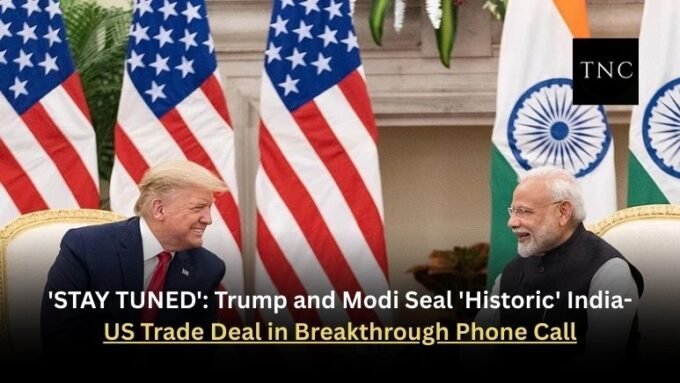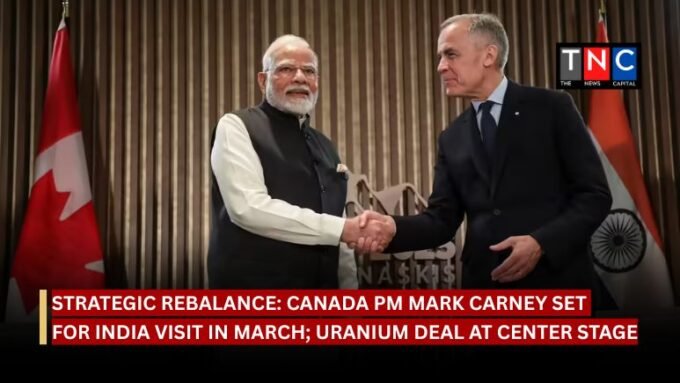The India-UAE Comprehensive Economic Partnership Agreement (CEPA), signed in 2022, has created a strategic economic corridor between two major global trade partners. Among its various provisions, one of the most significant — yet often misunderstood — is the regulation governing the import of gold from the UAE, particularly Dubai. Under CEPA, only agencies nominated by the Indian government are allowed to import gold from Dubai into India. This provision carries substantial implications for the gold trade, importers, and the broader jewellery sector in both countries.
What Is CEPA and Why It Matters?
The Comprehensive Economic Partnership Agreement (CEPA) between India and the UAE is a landmark free trade agreement that aims to reduce tariffs, boost bilateral trade, and create a framework for deeper economic cooperation. The agreement covers goods, services, investments, and even regulatory practices.
Gold, being one of the most heavily traded commodities between the two nations, has been given special attention in the CEPA framework. With India being one of the world’s largest consumers of gold and Dubai serving as a key global trading hub, the regulation of gold imports was seen as a critical component of the agreement.
CEPA Clause on Gold: Only Nominated Agencies Can Import
Under the terms of CEPA, gold imports from the UAE are permitted only through ‘nominated agencies’ — entities specifically authorized by the Directorate General of Foreign Trade (DGFT) or other relevant government authorities in India.
This clause was introduced to:
- Ensure better traceability and accountability of gold imports
- Curb unofficial and grey market trade
- Support policy-driven gold monetization and transparency initiatives in India
- Protect India’s foreign exchange reserves and domestic market stability
As a result, regular traders or individual importers cannot legally bring gold from Dubai unless they are approved as a nominated agency.
Why Was This Restriction Introduced?
The restriction is a result of India’s efforts to strike a balance between:
- Facilitating gold trade with strategic partners like the UAE
- Avoiding an unregulated surge in gold imports that could hurt India’s current account deficit
- Combating issues like money laundering, smuggling, and undervalued invoicing
Before CEPA, the Indian gold market often saw informal channels being used to import gold, particularly from Dubai. By restricting imports to vetted agencies, the government aims to regulate the supply chain and bring more transparency to the sector.
Impact on Indian Gold Industry
This CEPA clause has significant consequences for various stakeholders:
1. For Jewellery Manufacturers
Manufacturers relying on direct imports now have to source gold through nominated agencies, potentially affecting pricing and supply chains.
2. For Small and Medium Traders
Smaller gold traders may find themselves excluded unless they collaborate with nominated agencies, raising concerns around access and competitiveness.
3. For Nominated Agencies
These agencies gain a strategic advantage and new business opportunities, but they also carry greater responsibility in terms of compliance and transparency.
4. For Consumers
While this regulation may slightly affect gold pricing in the short term, in the long run, it may lead to better product quality assurance and legal traceability of gold purchases.
How Can Importers Comply with CEPA?
To import gold from Dubai into India under CEPA:
- Importers must apply for nominated agency status through the DGFT or relevant bodies
- Adhere to the CEPA-specific quota and tariff rate regulations
- Submit origin certificates, detailed documentation, and customs clearance protocols
- Maintain compliance with India’s anti-money laundering laws and the Prevention of Money Laundering Act (PMLA)
Conclusion
The clause restricting gold imports from Dubai under CEPA to nominated agencies is more than a bureaucratic formality — it’s a strategic policy decision. It reflects India’s broader objectives of enhancing trade transparency, safeguarding economic interests, and fostering a sustainable jewellery sector. As the India-UAE CEPA continues to unfold, stakeholders in the gold industry must adapt to these regulatory frameworks and view them as opportunities to formalize and strengthen international trade relations.















Leave a comment